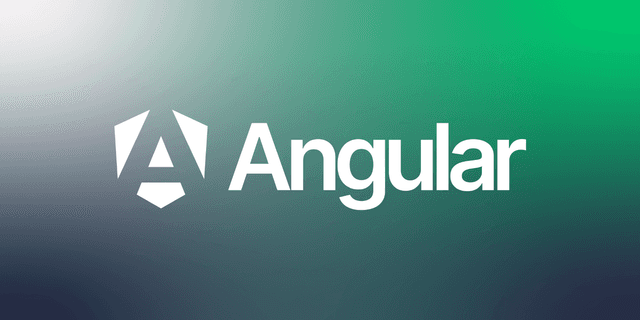Graph Databases
Graph databases are databases that use graph models to store data.
What is a Graph Database?
Graph databases store data using graph structures defined by graph theory in mathematics. Graphs consist of nodes and edges, where nodes represent objects and edges represent the relationships between these objects.
Graph databases are particularly useful in projects involving social media platforms and recommendation systems. Some of the most popular graph databases are Neo4j, OrientDB, and Amazon Neptune.
Components of Graph Databases
In graph databases, data is stored in a graph model which consists of nodes, edges, and properties:
- Nodes: These are the objects or data stored in the database, often referred to as vertices.
- Edges: These represent the relationships between nodes, used to model one-to-many and many-to-many relationships.
- Properties: These describe the attributes and characteristics of nodes and edges.
Advantages of Graph Databases
Graph databases offer specific advantages over relational databases or other data storage methods. The most significant advantage is their ability to handle complex and large amounts of data efficiently. They can manage intensive data relationships with ease. Another advantage is their flexible structure, allowing the graph to be shaped according to needs without adhering to a predefined model.
Applications of Graph Databases
Graph databases are often used to store complex data and allow for quick retrieval when needed. They focus on the relationships between objects and excel at finding commonalities between them. For instance, they can identify common points between seemingly unrelated objects, such as suggesting people to follow on social media platforms based on mutual connections.
- Social Networks: The most common application of graph databases is in social media platforms. Users are represented as nodes, and their connections as edges, making graph databases extremely suitable for social networks.
- Recommendation Systems: Besides social networks, graph databases are used in recommendation systems for e-commerce sites and streaming services. They help identify people with similar interests to suggest products or content.
Differences Between Graph Databases and Relational Databases
When choosing a database for your projects, it is crucial to understand the differences between graph databases and relational databases to select the best solution for your needs.
- Relational Databases: These use tables with rows and columns to store data, with relationships defined by key values. SQL is used to query the data. As data size increases, relational databases can become less efficient and are more suited to vertical scaling, while horizontal scaling increases complexity.
- Graph Databases: These use graph models to store data, with rows in relational tables equivalent to nodes in graph databases. Relationships between nodes are represented by edges. Graph databases do not have a standardized query language and can use different methods. They perform efficiently with large data sets and are highly suitable for horizontal scaling.
Our free courses are waiting for you.
You can discover the courses that suits you, prepared by expert instructor in their fields, and start the courses right away. Start exploring our courses without any time constraints or fees.



